“I’m interested in getting some reports out of your office.”
If you’re in charge of data and reporting for a Sponsored Programs office, has there ever been a more anxiety-provoking statement?
What do they want to know? How reliable is the data I have? Am I capturing the data in a way that I can reliably report on it? Is it in a format that I can extract it? Is it nimble enough that I can change the parameters? What if I’m not capturing what they want? What if I give them something they don’t want? What if they want something different next week?
Take a deep breath. It’s going to be ok.
I’m here to tell you some very good news with respect to reporting. Something you may not be aware of that is likely to take your anxiety level from “February 5th at 4:58 p.m.” to “Middle of Summer Without a Deadline in Sight” in a matter of seconds. Ready? Here it is: Your Sponsored Programs office is not unique, nor are its reporting needs.
At Cayuse, we have the privilege of having worked with institutions large and small around the world, and I’m here to tell you that far more is constant than is unique with respect to reporting needs. That’s not to say that there aren’t exclusive reports and data points that need to be captured at only one institution, but by-and-large most are capturing the same basic information concerning money in, money out, proposals submitted, and proposals funded.
So, what are the most common data sets we see being requested?
Award Summary
For any given time period, what funds were brought in, by whom, under which department? What type of award was this: a contract, grant, cooperative agreement? Was any F&A included with the award? Who is funding this project?
Who is asking for this?
Typically, this type of report is being asked for by upper administration. At academic institutions, we often see department chairs or college deans asking for this type of information relative to their specific area.
What do they do with the information?
Certainly, for planning purposes, knowing the volume of awarded dollars that your particular unit will have is essential. As a department chair or dean, it’s also very useful to have a couple brag points in your back pocket about what your unit is bringing in. Requesters are looking to identify the “heavy hitters” or most successful researchers for their unit.
Proposal Summary
What proposals have been submitted, under which department, by which individuals, to what agency? Was any F&A asked for? Has any cost share been offered?
The most common requesters of this information are Directors of Sponsored Programs Offices.
With this info, Directors and AVPs can make informed decisions about workload distribution, planning for F&A redistribution, and when and if to increase their staff size to keep up with the proposals coming through.
Subcontractor Report
What are the active and in-negotiation subcontracts at the institution? Who is the prime sponsor and who is the recipient of the sub? Which subcontracts are subject to FFATA? Which unit is responsible for managing this subcontract?
Again, this is a report that is asked for and consumed typically by Sponsored Programs staff.
What do they do with the information?
Subrecipient monitoring is a very hot-topic right now. Individuals and offices who are asking for this information want to keep an eye on what needs to be reviewed, watched closely, and what agencies the institution is currently working with.
Effort Report
What does it contain?
On the proposal side: Who is proposing to commit what portion of their effort over what time period? What of that proposed effort is cost shared? What is the status of that proposal?
From a post award perspective: Who has committed what portion of their effort over what time period? What of that committed effort is now required cost share? What is the status of the award?
(Psst: Project Effort can help you with effort certification.)
Requesters of this type of information are generally preparing a Current and Pending Support form or record for an individual researcher. We also see Central OSP Office personnel requesting this type of information quite frequently.
As you might imagine, if their goal is to prepare a Current and Pending Support form, this information would allow them to do just that! With the advent of increased ability to view this type of information, we’re also seeing Central OSP personnel requesting this information to preemptively determine if a PI will be overcommitted, need to adjust effort on their projects, or to identify discrepancies between proposed effort, awarded effort, and after-the-fact effort certification data.
Project Report
What does it contain?
Of all the sponsored activity at the institution, what projects contain which specific award increments? Who is funding our sponsored activity? When did this overall project begin, and when do we expect it will end? What state is the project in and when will we expect it will be closed out? What is/was the F&A Activity type for this project and what were/are the total direct and indirect costs for this project?
Who is asking for this?
This type of high-level, big picture information is typically asked for by upper administration: presidents, VPs, chancellors, and heads of Institutions.
This type of information is often passed to governing boards or the media for public consumption.
All-in-all, the type of information being requested at various organizations is more alike than different. Because of that, Cayuse has been able to develop a set of standard reports based on the descriptions above. Using Data Management and years of feedback from our clients, we’ve come up with the five most common data sets and already done the work to set them up for you.
So, don’t panic. If you’re a Sponsored Projects user being asked to produce some data, it’s very likely that it’s been asked for before and even more likely that Cayuse can help you get it and reproduce it consistently. Get in touch with a member of our team for more details!


